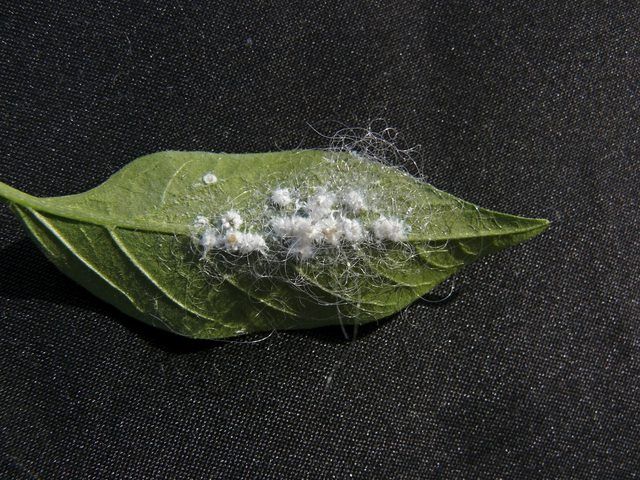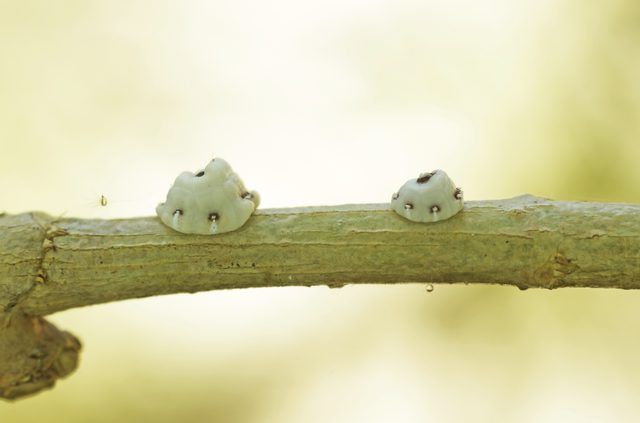Bulbs
Flower Basics
Flower Beds & Specialty Gardens
Flower Garden
Garden Furniture
Garden Gnomes
Garden Seeds
Garden Sheds
Garden Statues
Garden Tools & Supplies
Gardening Basics
Green & Organic
Groundcovers & Vines
Growing Annuals
Growing Basil
Growing Beans
Growing Berries
Growing Blueberries
Growing Cactus
Growing Corn
Growing Cotton
Growing Edibles
Growing Flowers
Growing Garlic
Growing Grapes
Growing Grass
Growing Herbs
Growing Jasmine
Growing Mint
Growing Mushrooms
Orchids
Growing Peanuts
Growing Perennials
Growing Plants
Growing Rosemary
Growing Roses
Growing Strawberries
Growing Sunflowers
Growing Thyme
Growing Tomatoes
Growing Tulips
Growing Vegetables
Herb Basics
Herb Garden
Indoor Growing
Landscaping Basics
Landscaping Patios
Landscaping Plants
Landscaping Shrubs
Landscaping Trees
Landscaping Walks & Pathways
Lawn Basics
Lawn Maintenance
Lawn Mowers
Lawn Ornaments
Lawn Planting
Lawn Tools
Outdoor Growing
Overall Landscape Planning
Pests, Weeds & Problems
Plant Basics
Rock Garden
Rose Garden
Shrubs
Soil
Specialty Gardens
Trees
Vegetable Garden
Yard Maintenance
Organic Scale Control
Try organic methods instead of synthetic pesticides to control scale insects, including armored scales, soft scales and mealybugs.
Choosing an organic control for scale insects starts with identifying which type of scale insect is on your plant. The hard, protective covering on adult armored scales makes them impervious to the controls you'd use on soft scales and mealybugs. The second consideration for choosing an organic scale control is about numbers -- are you battling only a few insects or is your plant suffering from a full-blown scale infestation?
Soft Scales and Mealybugs

Alcohol
Dip a cotton swab, cotton square or a soft child's toothbrush in rubbing alcohol and dab or lightly brush off mealybugs or soft scales if you see only a few insects. If your plant is covered with these pests, spray the insects with a mixture of 10 percent isopropyl alcohol -- also called rubbing alcohol -- and 90 percent water. Alcohol must be applied directly to scale insects to penetrate their waxy covering and kill them. You can't simply spray plant parts and wait for the insects to crawl across the alcohol -- this won't kill them. Check your plants and reapply the alcohol once a week until the insects are gone.
Insecticidal Soap
Spray the scale insects thoroughly with a premixed, ready-to-use insecticidal soap. Although you can make a homemade spray, plants are more susceptible to damage from homemade insecticidal soaps for several reasons:
Some dishwashing soaps, which are the primary ingredient in homemade insecticidal formulations, are concentrated. This means the mixing ratio in a homemade recipe may not dilute the soap to a safe level for plants.
Some dishwashing soaps contain additives, such as fragrances, lotions, antibacterial agents and surfactants. These additives can be toxic to plants, distorting or killing their leaves.
Homemade insecticidal soap recipes require mixing the dishwashing soap in water. Municipal water sources may contain minerals or chemicals that are toxic to plants.
Err on the side of caution by using only a commercially packaged insecticidal soap, and follow all label recommendations and cautions. Reapply the soap according to the directions, which may be as often as once weekly.
Warning
Some plants may be damaged by alcohol and soap. Be sure to test these products before you apply them to an entire plant. Apply the alcohol or soap to a small part of the plant, wait two days and check to see if there's any damage.
Read the insecticidal soap label. It notes some of the plants that are sensitive to soap.
Follow any instructions for wearing protective clothing or eyewear when using the spray.
Natural Predators
Organic control methods include encouraging natural predators of scale insects to your yard. Limit your use of synthetic chemicals including fertilizers, weedkillers and insecticides, because these can kill the "beneficials," such as crab spiders, pirate bugs, green lacewings and wasps, which feed on scale insects and mealybugs.
Armored Scales
Armored scale insects are tougher to control. The hard covering that protects the insects from predators also protects them from insecticides.

Physical Removal
If your plants have only a few armored scales, you can scrape them off with a fingernail, plastic card or old toothbrush.
Horticultural Oil
Oils are organic alternatives to synthetic chemicals for treating scales. A big plus is that horticultural oils typically cause the least harm to beneficial insects compared to other pest-control options. Timing is everything when applying oils effectively. The "crawler" life stage of armored scales occurs early in the season, before the immature insect has had a chance to protect itself by secreting protective armor around its soft body. Crawlers typically begin moving at the same time in late winter or early spring when a plant's leaf buds swell -- but before the leaves open. This is the time to spray horticultural oil on your plants.
Make three applications:
When the leaf buds begin to swell -- while a plant is still dormant, and the buds haven't "greened up" yet -- apply a horticultural oil to all surfaces of a plant until it drips off.
Reapply six weeks later at the "green-tip stage," when buds show 1/4 inch of green color.
Re-apply again 12 weeks later -- at the "delayed dormant stage," when the leaves begin emerging.
Tip
Mix horticultural oil according to the label's directions. A typical mixing rate for dormant-season application -- while the leaves are still contained in the buds -- is 5 to 10 tablespoons of oil in 1 gallon of water. Once the leaves have started growing, reduce the rate to 2 1/2 to 5 tablespoons of oil per 1 gallon of water.
Warning
Observe all label cautions. Many oils can burn the eyes, so make sure you're wearing the right gear the label recommends.
Horticultural oils are toxic to some plants.
Don't apply oils when plants are stressed, such as during drought, high humidity or summer heat or you'll risk damaging your plants.
For additional information about scales, see "About Scale Insects."